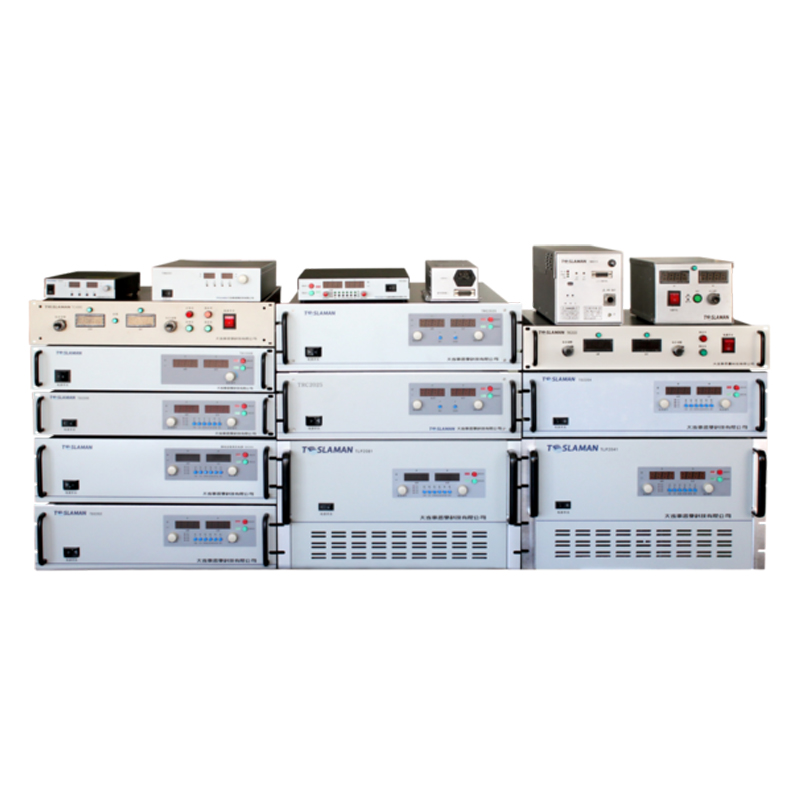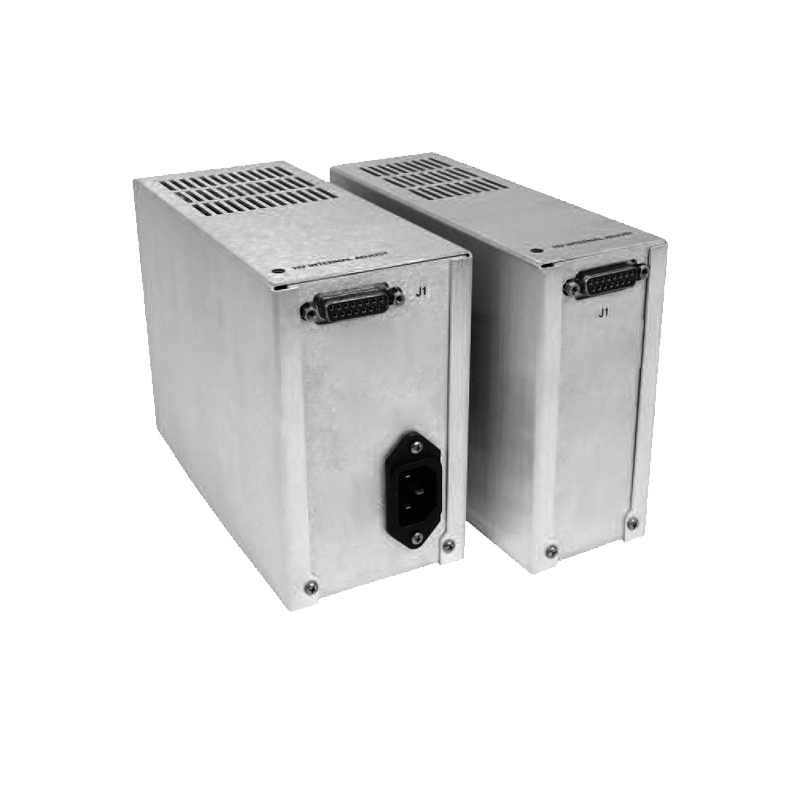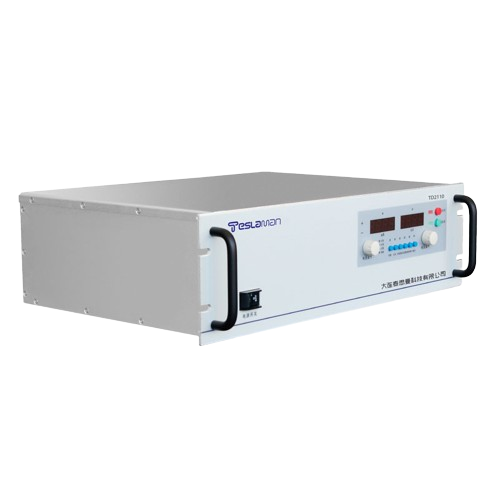The Application of Pulsed Power Supplies in Particle Accelerators
In modern scientific research and technological development, particle accelerators play a crucial role. They are widely used in various fields such as physics, chemistry, biology, medicine, and material science, providing scientists with an essential tool to study the fundamental structure and interactions of matter. In the operation of particle accelerators, pulsed power supplies are an indispensable component.
A pulsed power supply is a device that can provide short-duration, high-intensity electrical currents. In particle accelerators, pulsed power supplies are used to deliver the necessary energy to drive charged particles (such as electrons, protons, etc.) to speeds close to the speed of light. This high-energy particle beam, under the influence of specific magnetic and electric fields within the accelerator, can be focused, deflected, and accelerated, thereby enabling precise manipulation and study of particles.
The application of pulsed power supplies in particle accelerators is mainly reflected in the following aspects:
I. Providing Stable Energy Input
Particle accelerators require stable and high-intensity energy input to ensure effective acceleration of particles. Pulsed power supplies can provide pulsed currents with specific waveforms and amplitudes, ensuring that particles in the accelerator receive sufficient energy in a short time. This stable energy input is crucial for maintaining the performance and stability of the accelerator.
II. Achieving Precise Control of Particle Beams
In particle accelerators, the trajectory and speed of particles need to be precisely controlled through magnetic and electric fields. Pulsed power supplies can provide adjustable pulsed currents, thereby changing the electromagnetic field distribution in the accelerator, achieving precise control of the particle beams. This control capability allows scientists to adjust the motion state of particles according to research needs, thereby conducting various complex experiments.
III. Supporting High-Energy Physics Experiments
High-energy physics experiments usually require extremely high energy and very short pulse times. Pulsed power supplies can meet these requirements, providing high-intensity, short-pulse electrical energy output, supporting the conduct of high-energy physics experiments. In these experiments, scientists can explore the fundamental structure and interactions of matter, revealing the mysteries of the universe.
IV. Improving the Efficiency of Accelerator Operation
The efficiency and stability of pulsed power supplies help improve the overall efficiency of the accelerator. By optimizing the design and control strategies of pulsed power supplies, energy losses can be reduced, energy conversion efficiency can be improved, thereby lowering the operating costs of the accelerator and extending its service life.
V. Expanding Application Fields
With the continuous development of technology, the application of pulsed power supplies in particle accelerators is also expanding. For example, in the field of cancer treatment, proton accelerators combined with pulsed power supply technology can achieve precise tumor irradiation therapy; in the field of material science, pulsed power supplies can be used to generate strong laser pulses for material processing and modification, among others.
In summary, the application of pulsed power supplies in particle accelerators has a broad prospect and significant importance. It not only provides stable, high-intensity energy input for particle accelerators but also achieves precise control of particle beams, supports the conduct of high-energy physics experiments, and improves the operating efficiency of the accelerator. With the continuous advancement and innovation of technology, pulsed power supplies will play an even more important role in the development of particle accelerators in the future.




















